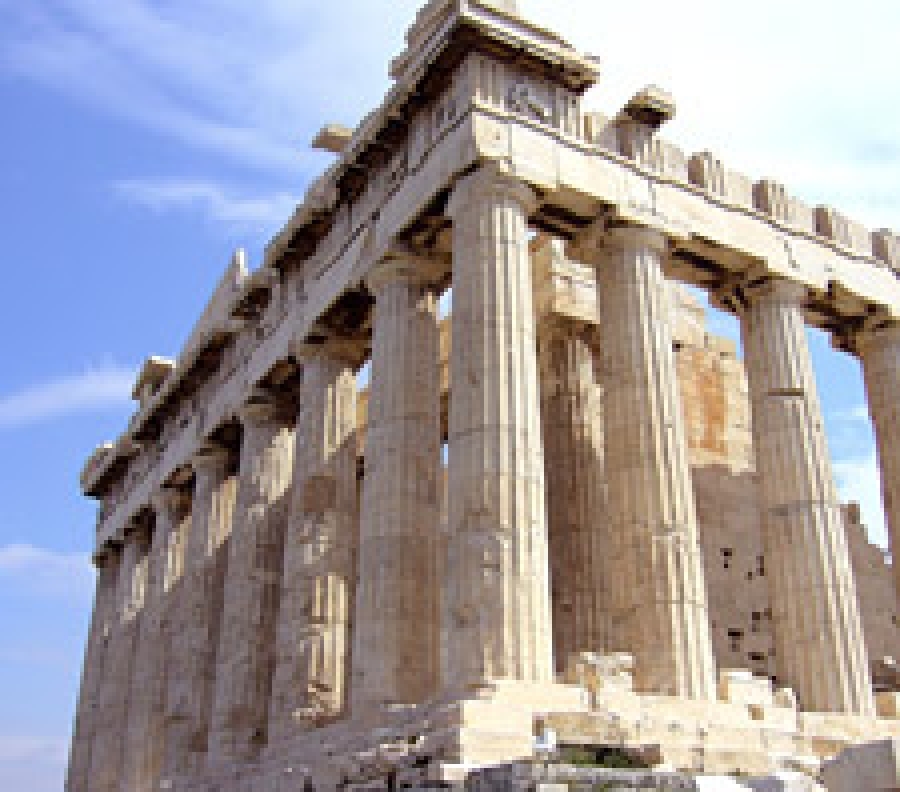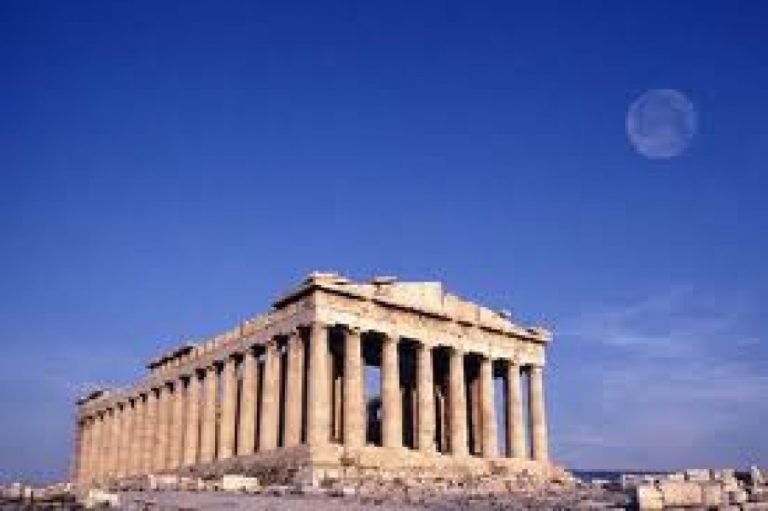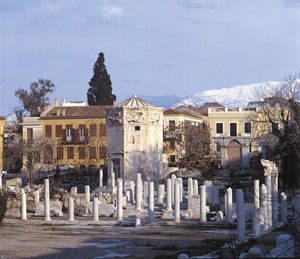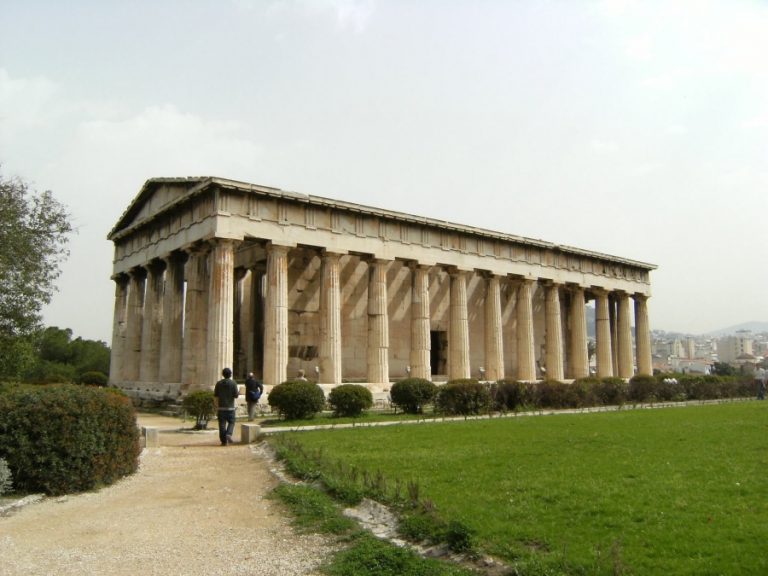History of Athens – The founding fathers of western culture

Athens has a unique place in human history. As the people who pioneer the arts of history, philosophy and theatre, who attempt the first radical version of democracy, and who achieve a degree of perfection in architecture, sculpture and pottery, the Athenians have rightly acquired an almost legendary status.
They surface relatively late in the story of Greece. No character from Athens plays a significant role in Homer. It is not until the late 7th century that Athens is firmly within the realm of recorded history.
The surrounding region, known as Attica, has certain clear advantages. It is perfectly placed within the Aegean to play a pivotal role in local affairs. Its plains provide a larger space, uninterrupted by mountains, than any valley in the Peloponnese , the older centre of Greek civilization. Political union, if it can be achieved and maintained, will enable Athens to become a larger and more populous city-state than any other in Greece.
Even an apparent misfortune can be turned to advantage. The soil of Attica is poor, suitable mainly for olives and vines. The need to import grain encourages the Athenians to develop two of their most significant skills – seafaring and trade.
In prehistory Athens has been a provincial Mycenaean kingdom. But unlike the fortresses of the Peloponnese, Athens is not overrun by Dorian invaders . It becomes a centre for Greeks who speak Ionic, as the Athenians do, as opposed to the Doric dialect of the invaders.
By the time of the first unmistakably historical events in Attica, in the late 7th century BC, the region has passed through stages of social development common in most parts of Greece. Monarchy has given way, in effect if not in name, to rule by a hereditary land-owning aristocracy.




